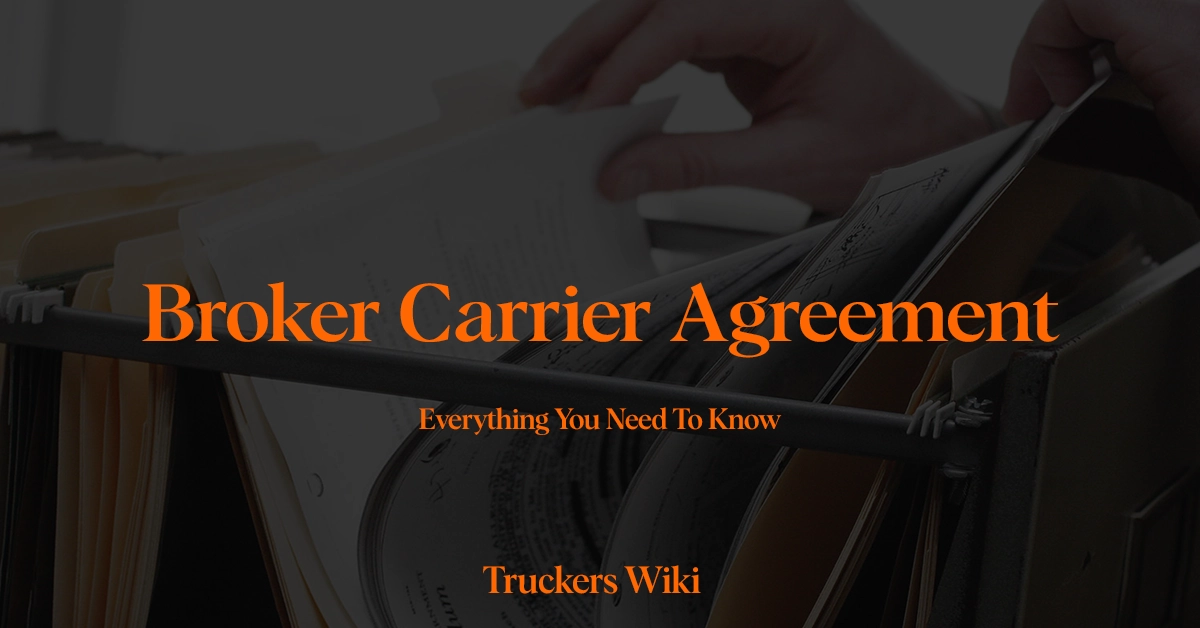
Table of Contents
What is a Broker-Carrier Agreement
At its core, a broker-carrier agreement is a legally binding contract between a freight broker and a transport carrier. It delineates the terms and conditions under which freight is to be transported, clearly outlining the responsibilities, obligations, and expectations of both parties. This agreement is instrumental in ensuring that both the broker and the carrier are on the same page regarding the transportation of goods, from pickup to delivery.
Why is a Broker-Carrier Agreement Important?
The broker-carrier agreement is not just a piece of paperwork; it is a comprehensive guide that navigates the entire shipping process. It ensures payment terms are clear, thereby securing the carrier’s financial interests. Moreover, it details the specifics of the freight to be transported, including handling requirements, thus preventing misunderstandings and disputes. For specialty carriers, the agreement might cover additional protocols such as temperature control for refrigerated loads. Legally, it clarifies the roles and responsibilities, reducing the likelihood of confusion and conflict, thereby protecting all parties involved.
Key Components of a Broker-Carrier Agreement
Legal Status and Services: This section identifies the parties involved, including their legal names and relevant licensing information. It specifies the contract’s duration and termination conditions, ensuring that the relationship’s timeframe is clearly defined.
Scope of Services: It details the transportation specifics, such as the type of goods, pickup and delivery locations, and any special handling instructions. This clarity ensures that the carrier knows exactly what is expected in terms of service delivery.
Rates and Payment Terms: A crucial part of the agreement, this outlines the agreed freight rates and any additional fees. It sets forth the payment methods, schedules, and invoicing requirements, providing transparency and avoiding future payment disputes.
Liabilities and Insurance: This segment addresses the carrier’s liability for the freight under their care and the requisite insurance coverages. By including indemnification clauses and detailing cargo liability, the agreement protects the broker from potential legal ramifications if the carrier breaches the contract.
Dispute Resolution: This is where the agreement outlines the procedures for resolving disputes, whether through mediation, arbitration, or court action. It provides a predefined pathway for handling disagreements and legal issues, thus offering both parties a sense of security and fairness.

